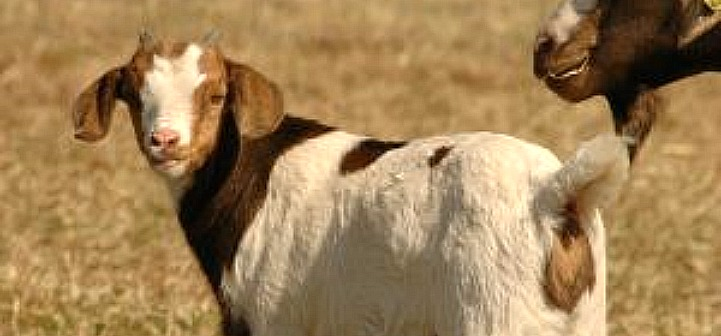Pneumonia
This disease is inflammation or infection of the lungs. There are many causes of pneumonia including viruses, bacteria, fungal agents, mycoplasmas, parasites, irritant dust and fumes and aspiration of liquids. The specific cause of pneumonia is not easily determined and requires diagnostic help in consultation with a veterinarian. The ultimate cause may be a combination of factors. Management problems such as overcrowding, poor ventilation and inadequate nutrition as sometimes to blame.
Signs: Some of the common signs of pneumonia include difficult or labored breathing, coughing, fever, nasal discharge, extended head, mouth breathing and slow or difficult movement. Other signs that may be related to specific types of pneumonia include arthritis, mastitis, conjunctivitis and keratitis.
Treatment: The definitive treatment will depend on the diagnosed cause of pneumonia. Broad spectrum antibiotics will need to be administered to combat either primary or secondary bacterial infections. Once an effective antibiotic is determined, treatment should continue for 48 hours post cessation of clinical signs. Dewormers effective against invading lung parasites should be given when the cause has been determined to be parasites. If white muscle disease has resulted in aspiration pneumonia in lambs, the underlying selenium deficiency must also be treated. If poor ventilation has predisposed animals to pneumonia, improved air quailty is a must as well.
Prevention: Remove sick or affected animals from the herd and place in isolation. Pay attention to proper ventilation, housing and nutrition. Avoid crowding and isolate purchased goats or those stressed by traveling or showing. A veterinarian should be consulted to help manage this condition.
References cited: Mary C. Smith & David M. Sherman : Goat Medicine
